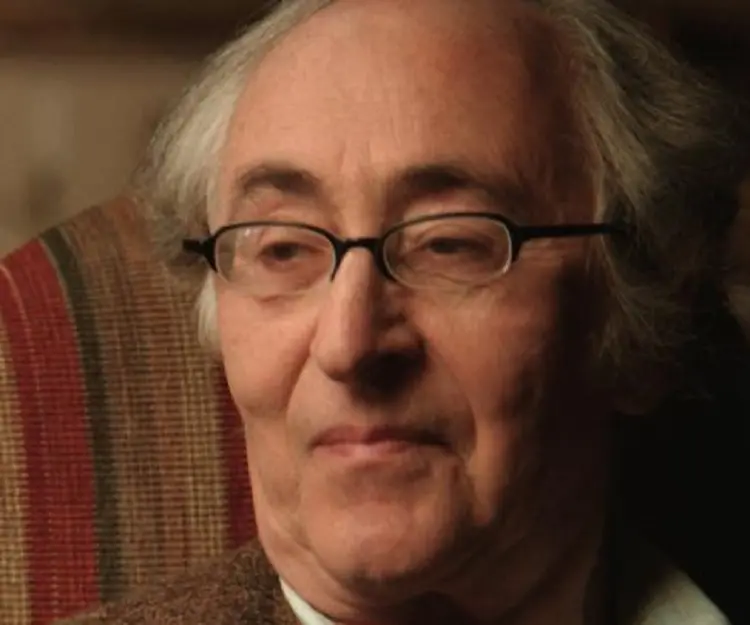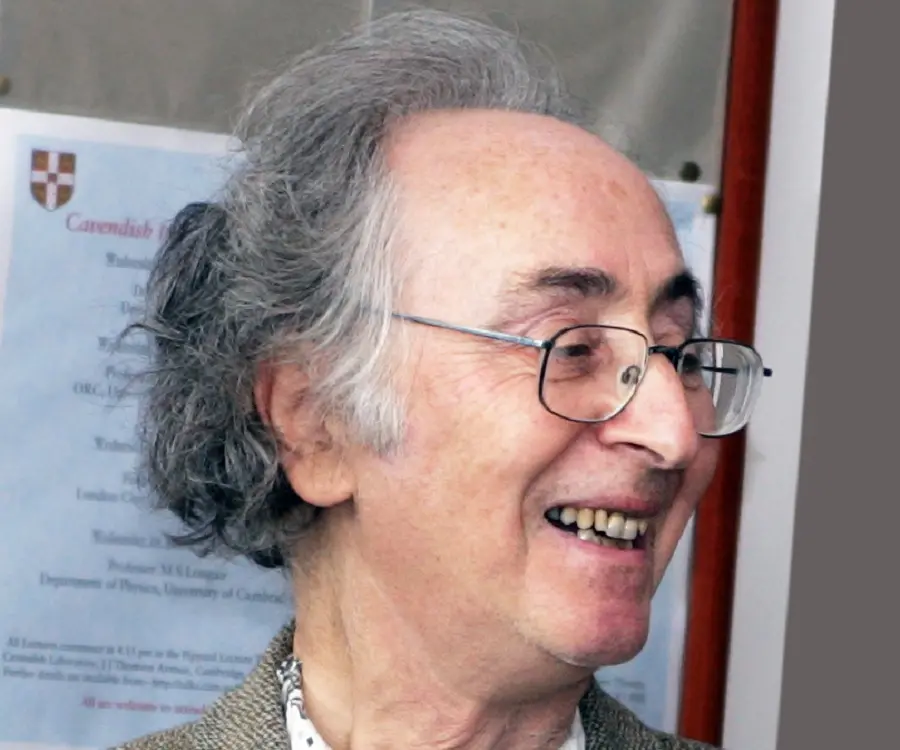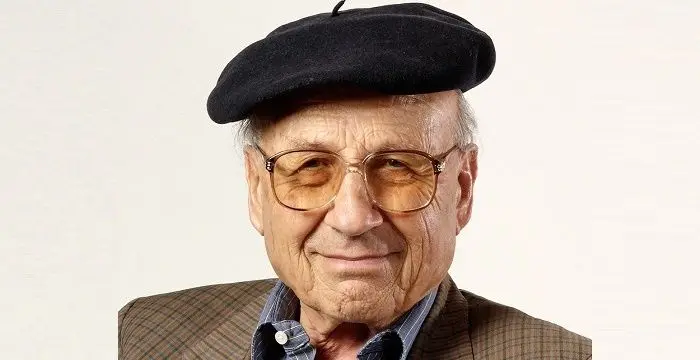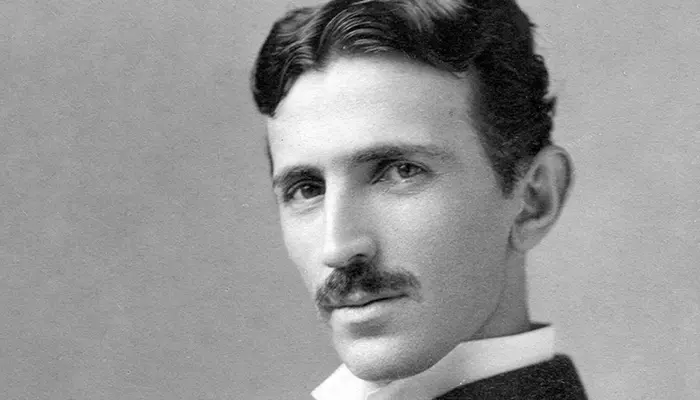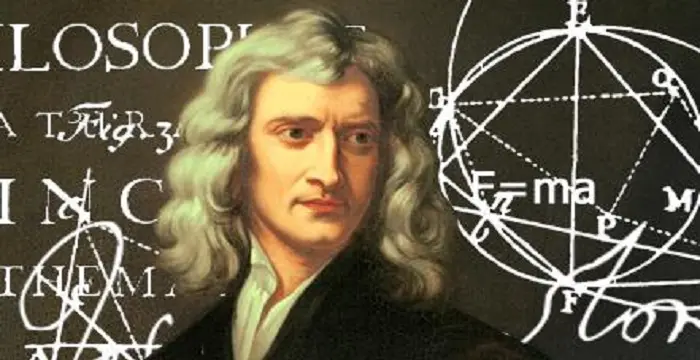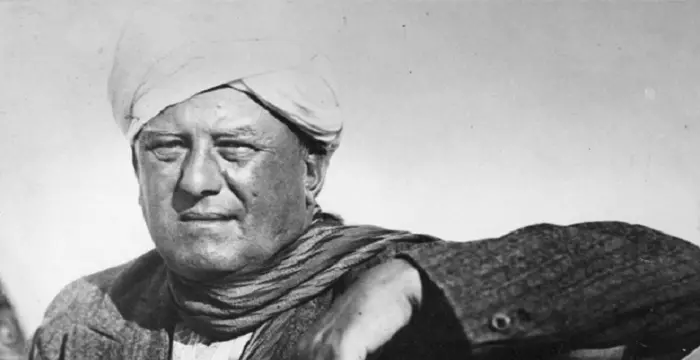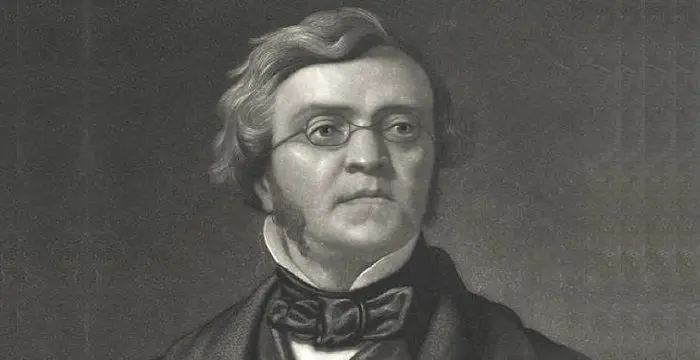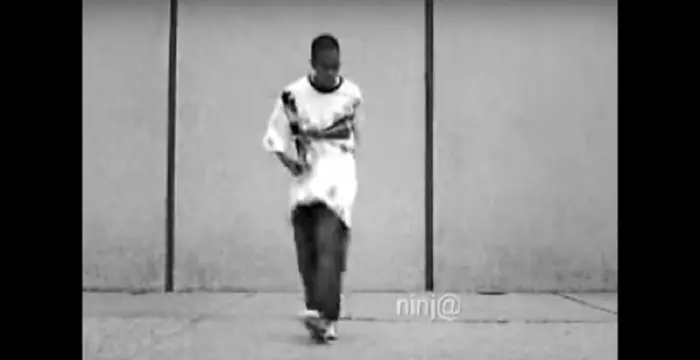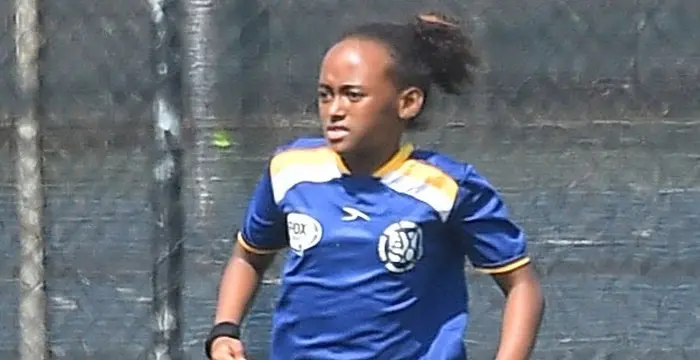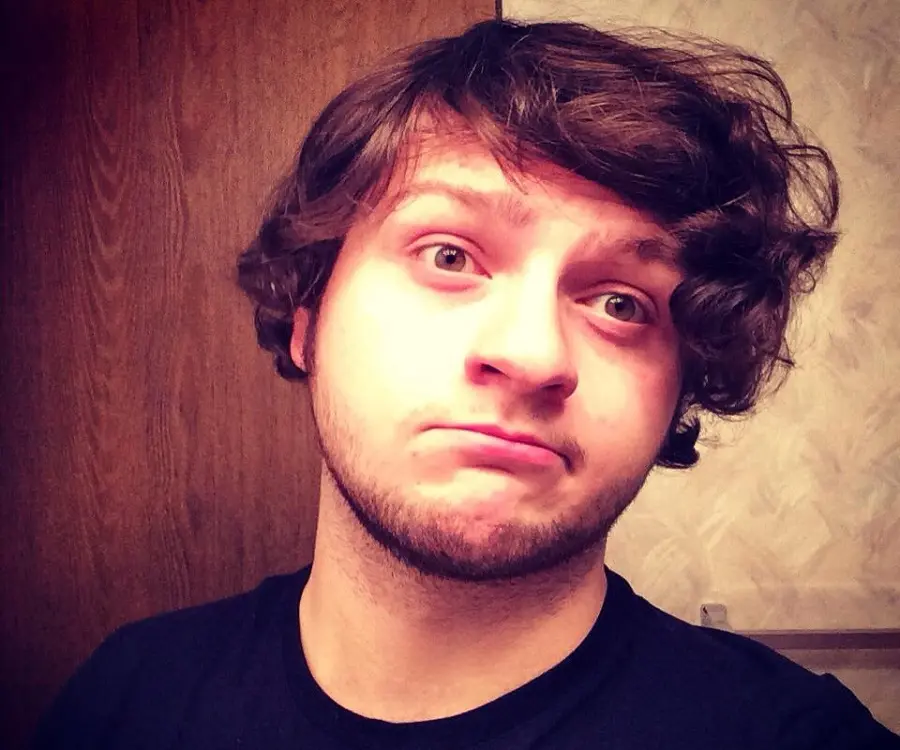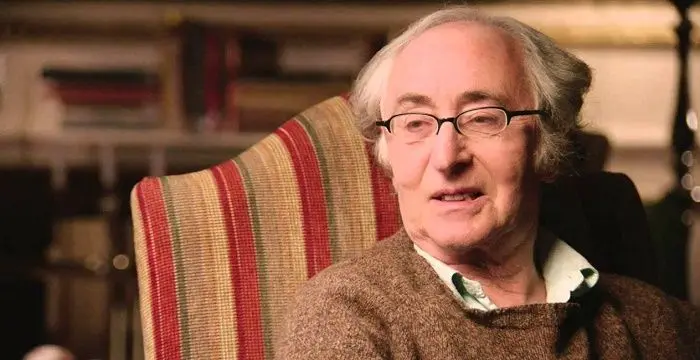
Brian Josephson - Physicists, Birthday and Life
Brian Josephson's Personal Details
Brian Josephson is a Welsh theoretical physicist who was awarded the Nobel Prize in Physics in 1973 for his prediction of the Josephson Effect
| Information | Detail |
|---|---|
| Birthday | January 4, 1940 |
| Nationality | British |
| Famous | Trinity College, Cambridge, Scientists, Physicists |
| Spouses | Carol Anne Olivier |
| Known as | Brian David Josephson |
| Universities |
|
| Notable Alumnis |
|
| Birth Place | Cardiff |
| Gender | Male |
| Father | Abraham Josephson |
| Mother | Mimi |
| Sun Sign | Capricorn |
| Born in | Cardiff |
| Famous as | Physicist |
// Famous Scientists
Juliane Koepcke
Juliane Koepcke is a German-Peruvian biologist, who was the lone survivor among the 92 passengers and crew of the ill-fated LANSA Flight 508 that crashed in the Peruvian rainforest on 24 December 1971. Know more about her life in this biography.
Henry Cavendish
Henry Cavendish was a theoretical chemist and physicist, renowned for discovery of hydrogen and calculation of the mass of earth. To know more about his childhood, profile, timeline and career read on
Konstantin Tsiolkovsky
Konstantin Tsiolkovsky was a Russian rocket scientist and a pioneer of astronautics. This biography provides detailed information about his childhood, family, personal life, career, achievements, etc.
Brian Josephson's photo
Who is Brian Josephson?
Brian Josephson is a Welsh theoretical physicist who was awarded the Nobel Prize in Physics in 1973 for his prediction of the Josephson Effect. Born and brought up in Cardiff, he joined University of Cambridge for his undergraduate studies and remained there until he had earned his PhD. He became interested in superconductivity while he was still an undergraduate student and soon developed the theory of ‘Josephson’s effect’ in 1962, which earned him the Nobel Prize in Physics eleven years later. After a brief spell of postdoctoral studies in the USA, he joined the University of Cambridge and remained there for the rest of his working life. From the end of 1960s, he became interested in supernormal. Trinity College has long association with studies in paranormal; this may have kindled such an interest in him. To the disgust of scientific fraternity he soon began advocating that there may be some truth behind phenomenon like telepathy, psycho kinesis, homeopathy etc. His motto in life is ‘nullius in verba’ ("Take nobody's word for it”) and he has adhered to it very strictly.
// Famous Physicists
Henry Cavendish
Henry Cavendish was a theoretical chemist and physicist, renowned for discovery of hydrogen and calculation of the mass of earth. To know more about his childhood, profile, timeline and career read on
Walter Kohn
Nobel Laureate Walter Kohn was an Austrian-born American theoretical chemist and physicist. Check out this biography to know about his childhood, life, achievements, works & timeline.
Nikola Tesla
Nikola Tesla was a Serbian-American inventor, best known for his development of alternating current electrical systems. This biography of Nikola Tesla provides detailed information about his childhood, life, achievements, works & timeline.
Childhood & Early Life
Brian Josephson was born on January 4, 1940, in Cardiff, Wales. His father’s name was Abraham Josephson and his mother’s name was Mimi née Weisbard Josephson. They were Jewish by faith.
He had his schooling at Cardiff High School. During his school years, he was highly influenced by his physics master Emrys Jones, who introduced young Brain to theoretical physics.
When he entered Trinity College, Cambridge, in 1957, he took mathematics as his major. Later he found it rather boring and changed his subject. Ultimately, he graduated with physics in 1960 and enrolled at the same university for his master’s degree. He obtained his MS in 1962.
During his college days, Josephson became known for his intelligence and precision. One of his professors was Nobel Laureate Philip Anderson. He would later say that having Josephson in the class was a ‘disconcerting experience’ because if there was any mistake he would meet him after the class and rectify it politely.
Sometime now, Josephson published a paper on Mössbauer effect, a physical phenomena discovered by Rudolf Mössbauer in 1958. In it, he pointed out certain crucial factors, which other researchers had neglected.
Career
Straight after graduation, he joined Cavendish Laboratory at the Cambridge University as a research scholar. While still an undergraduate student, he had developed an interest in superconductivity. He soon started exploring the properties of a junction between two conductors.
His experimentation led to the discovery of ‘Josephson Effect’. Later the junction between the two conductors became known as ‘Josephson Junction’. His calculations were published in ‘Physics Letters’ on July 1, 1962 under the title of ‘Possible new effects in superconductive tunnelling’.
Josephson received his PhD in 1964. His doctoral thesis was on ‘Non-linear conduction in superconductors’. He then joined University of Illinois, in 1965, as research assistant professor and remained there till 1966.
He returned to Cambridge at the end of 1966. The following year, he was made assistant director of research at the Cavendish Laboratory. Subsequently, he became a member of the Theory of Condensed Matter group of the university and retained the membership till the end of his career.
In 1972, he was made a Reader in Physics. Next in 1974, he was promoted to the post of a full professor, a position he retained until the end of his career.
By late 1960s, Josephson’s interest turned to philosophy of mind and especially in the relationship between body and mind. He did a lot of work this subject, especially after receiving the Nobel Prize in 1973. He now began to believe that there may be some truth behind parapsychological phenomena like telepathy and psychokinesis.
In 1975, he became a faculty member of the Maharishi European Research University in the Netherlands. The following year, he travelled to California to meet a group of physicists from Lawrence Berkeley Laboratory, who had been working on different parapsychological phenomena, using ideas from Bell's theorem and quantum entanglement.
In 1978, he organized an interdisciplinary symposium on consciousness at Cambridge University. Later in 1980, he edited and published the proceedings under the title of ‘Consciousness and the Physical World’ along with V.S. Ramchandran.
From 1981 to 1987, he was appointed as a visiting professor at the Computer Science Department of Wayne State University, Indian Institute of Science, Bangalore and the University of Missouri-Rolla. Simultaneously, he also organized many symposiums and conferences on this subject.
In 1996, he set up ‘Mind–Matter Unification Project’ at the Cavendish Laboratory in order to explore intelligent processes in nature. He also supported other unorthodox causes such as ‘water memory’, a mechanism by which homeopathic remedies claim to work and ‘cold fusion’, a hypothesized type of nuclear reaction that would occur at room temperature.
However, most of these unorthodox ideas were rejected by many established scientists. At the same time, he received support from many eminent scientists like Keith Rennolis, professor of applied statistics, University of Greenwich.
Josephson retired from University of Cambridge in 2007, but continued working on his pet projects. He discarded the criticism of his fellow scientists as prejudice and censured them for rejecting some ideas much too quickly.
Major Works
Brian Josephson’s research on quantum tunneling, which resulted in the discovery of ‘Josephson’s effect’ is the most significant of all his works. According to his theory, current could tunnel through a thin insulating barrier between two weakly coupled superconductors even when no voltage is applied, while application of voltage results in oscillation at high frequency.
Known as ‘Josephson’s Effect’, the discovery was later proven experimentally at Bell Laboratory by Philip Anderson and John Rowell. It also led to many new inventions in the fields of computing and medicine.
Superconducting Quantum Interference Device, used in geology for making highly sensitive measurements and prototype of a faster computer built by IBM in 1980 was developed on the basis of Josephson’s theory of quantum tunneling.
Awards & Achievements
In 1973, Brian Josephson received the Nobel Prize in Physics "for his theoretical predictions of the properties of a supercurrent through a tunnel barrier, in particular those phenomena which are generally known as the Josephson effects”. He shared the prize with Leo Esaki and Ivar Giaever, who worked on the theory independently.
In 1982, he was awarded with Faraday Medal by Institution of Electrical Engineers and in 1984 Sir George Thomson Medal by Institute of Measurement and Control.
Personal Life & Legacy
Brian Josephson married Carol Anne Olivier in 1976. The couple has a daughter.
He is a practitioner of transcendental meditation since early 1970s and believes that meditation could lead to mystical and scientific insights.
// Famous Trinity College, Cambridge
Isaac Newton
Isaac Newton was an English scientist and mathematician, who discovered gravitation and Newtonian Mechanics. Read this biography to find more on his life.
Aleister Crowley
Aleister Crowley was an occultist and ceremonial magician who founded the ethical philosophy of Thelema. This biography of Aleister Crowley provides detailed information about his childhood, life, achievements, works & timeline.
William Makepeace Thackeray
William Thackeray was an English novelist and satirist. Read this brief biography to find more on his life & timeline.
Brian Josephson's awards
| Year | Name | Award |
|---|---|---|
Other | ||
| 0 | 1973 - Nobel Prize in Physics | |
| 0 | 1972 - Hughes Medal | |
| 0 | 1982 - Faraday Medal | |
Brian Josephson biography timelines
- // 4th Jan 1940Brian Josephson was born on January 4, 1940, in Cardiff, Wales. His father’s name was Abraham Josephson and his mother’s name was Mimi née Weisbard Josephson. They were Jewish by faith.
- // 1957When he entered Trinity College, Cambridge, in 1957, he took mathematics as his major. Later he found it rather boring and changed his subject. Ultimately, he graduated with physics in 1960 and enrolled at the same university for his master’s degree. He obtained his MS in 1962.
- // 1958Sometime now, Josephson published a paper on Mössbauer effect, a physical phenomena discovered by Rudolf Mössbauer in 1958. In it, he pointed out certain crucial factors, which other researchers had neglected.
- // 1st Jul 1962His experimentation led to the discovery of ‘Josephson Effect’. Later the junction between the two conductors became known as ‘Josephson Junction’. His calculations were published in ‘Physics Letters’ on July 1, 1962 under the title of ‘Possible new effects in superconductive tunnelling’.
- // 1966He returned to Cambridge at the end of 1966. The following year, he was made assistant director of research at the Cavendish Laboratory. Subsequently, he became a member of the Theory of Condensed Matter group of the university and retained the membership till the end of his career.
- // 1972 To 1974In 1972, he was made a Reader in Physics. Next in 1974, he was promoted to the post of a full professor, a position he retained until the end of his career.
- // 1973By late 1960s, Josephson’s interest turned to philosophy of mind and especially in the relationship between body and mind. He did a lot of work this subject, especially after receiving the Nobel Prize in 1973. He now began to believe that there may be some truth behind parapsychological phenomena like telepathy and psychokinesis.
- // 1973In 1973, Brian Josephson received the Nobel Prize in Physics "for his theoretical predictions of the properties of a supercurrent through a tunnel barrier, in particular those phenomena which are generally known as the Josephson effects”. He shared the prize with Leo Esaki and Ivar Giaever, who worked on the theory independently.
- // 1975In 1975, he became a faculty member of the Maharishi European Research University in the Netherlands. The following year, he travelled to California to meet a group of physicists from Lawrence Berkeley Laboratory, who had been working on different parapsychological phenomena, using ideas from Bell's theorem and quantum entanglement.
- // 1976Brian Josephson married Carol Anne Olivier in 1976. The couple has a daughter.
- // 1978 To 1980In 1978, he organized an interdisciplinary symposium on consciousness at Cambridge University. Later in 1980, he edited and published the proceedings under the title of ‘Consciousness and the Physical World’ along with V.S. Ramchandran.
- // 1980Superconducting Quantum Interference Device, used in geology for making highly sensitive measurements and prototype of a faster computer built by IBM in 1980 was developed on the basis of Josephson’s theory of quantum tunneling.
- // 1981 To 1987From 1981 to 1987, he was appointed as a visiting professor at the Computer Science Department of Wayne State University, Indian Institute of Science, Bangalore and the University of Missouri-Rolla. Simultaneously, he also organized many symposiums and conferences on this subject.
- // 1982 To 1984In 1982, he was awarded with Faraday Medal by Institution of Electrical Engineers and in 1984 Sir George Thomson Medal by Institute of Measurement and Control.
- // 1996In 1996, he set up ‘Mind–Matter Unification Project’ at the Cavendish Laboratory in order to explore intelligent processes in nature. He also supported other unorthodox causes such as ‘water memory’, a mechanism by which homeopathic remedies claim to work and ‘cold fusion’, a hypothesized type of nuclear reaction that would occur at room temperature.
- // 2007Josephson retired from University of Cambridge in 2007, but continued working on his pet projects. He discarded the criticism of his fellow scientists as prejudice and censured them for rejecting some ideas much too quickly.
// Famous Capricorn Celebrities peoples
Weston Koury
All about American social media star Weston Koury, including his age, family life, girlfriends, birthday, and some fun facts.
ItsJustNick
ItsJustNick is a Canadian YouTube star & social media personality. Let’s take a look at his family and personal life including age, date of birth, net worth, girlfriends, and fun facts.
Elin Nordegren
Elin Nordegren is the ex-wife of Tiger Woods. Check out this biography to know about her childhood, family life, achievements and fun facts about her life.
Rudan Custodio
Check out all that you wanted to know about Rudan Custodio, the famous American YouTube Personality; his birthday, his family and personal life, his girlfriends, fun trivia facts and more.
Zahara Jolie-Pitt
Zahara Jolie-Pitt is the adopted daughter of former celebrity couple Angelina Jolie and Brad Pitt. Check out this biography to know about her childhood, family life and fun facts about her.
Adam Dahlberg
Check out all that you wanted to know about Adam Dahlberg, the famous YouTuber and gamer; his birthday, his family and personal life, his wife, fun trivia facts and more.
Brian Josephson's FAQ
What is Brian Josephson birthday?
Brian Josephson was born at 1940-01-04
Where is Brian Josephson's birth place?
Brian Josephson was born in Cardiff
What is Brian Josephson nationalities?
Brian Josephson's nationalities is British
Who is Brian Josephson spouses?
Brian Josephson's spouses is Carol Anne Olivier
What was Brian Josephson universities?
Brian Josephson studied at Trinity College, Cambridge, Trinity College, Cambridge, University of Cambridge, Cardiff High School
What was Brian Josephson notable alumnis?
Brian Josephson's notable alumnis is Trinity College, Cambridge
Who is Brian Josephson's father?
Brian Josephson's father is Abraham Josephson
Who is Brian Josephson's mother?
Brian Josephson's mother is Mimi
What is Brian Josephson's sun sign?
Brian Josephson is Capricorn
How famous is Brian Josephson?
Brian Josephson is famouse as Physicist



